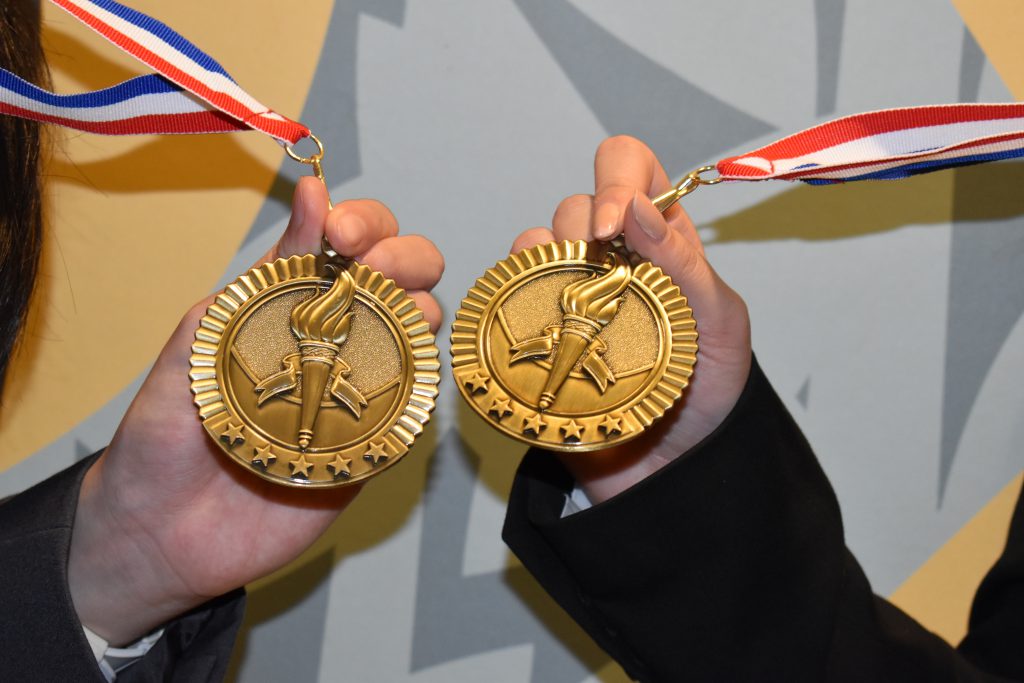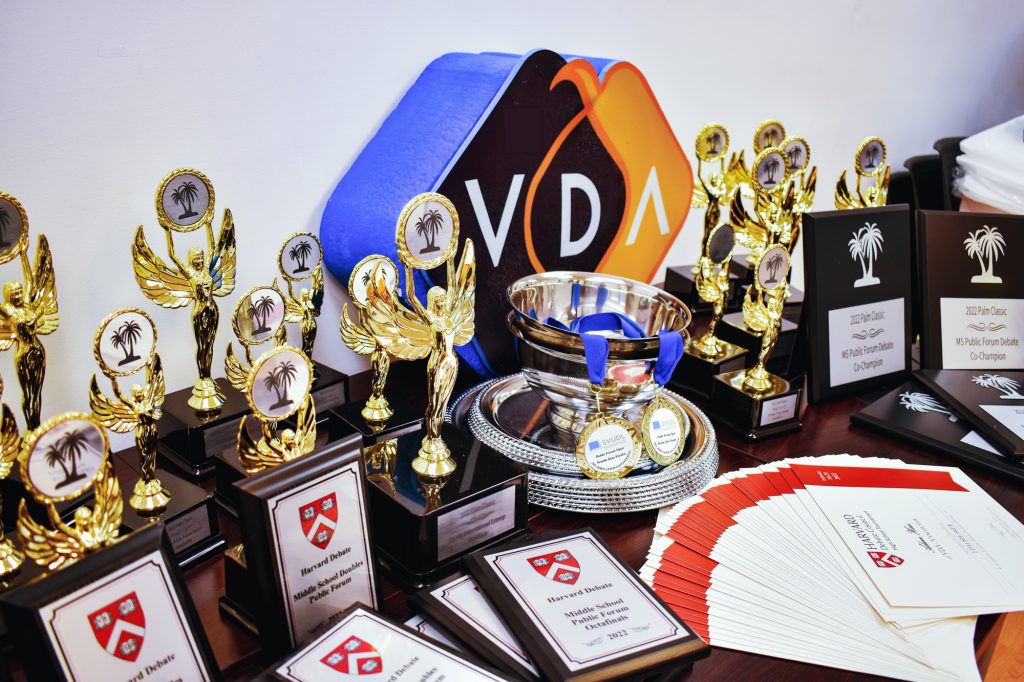2025 Term 3 Mar 31 - Jun 22 (12 weeks, 11 weeks for Mon/Fri/Sat classes)
Level | Day | Time | Delivery Method |
Foundation | Tuesday | 6:00-8:00 PM | In-Person |
Foundation | Sunday | 9:30-11:30 AM | Online |
Intermediate | Monday | 6:15-8:15 PM | Online |
Intermediate | Wednesday | 3:45-5:45 PM | In-Person |
Intermediate | Friday | 3:45-5:45 PM | Online |
Intermediate | Saturday | 12:00-2:00 PM | In-Person |
Intermediate | Saturday | 4:15-6:15 PM | In-Person |
Intermediate | Saturday | 4:30-6:30 PM | In-Person |
Intermediate | Sunday | 9:30-11:30 AM | In-Person |
Intermediate | Sunday | 9:30-11:30 AM | Online |
Intermediate | Tuesday | 3:45-5:45 PM | In-Person |
Pre-Advanced | Wednesday | 3:45-5:45 PM | In-Person |
Pre-Advanced | Thursday | 4:00-6:00 PM | Online |
Pre-Advanced | Sunday | 12:00-2:00 PM | In-Person |
Level | Day | Time | Location |
Foundation | Wednesday | 3:45-5:45 | In-Person |
Intermediate | Saturday | 2:00-4:00 PM | In-Person |
Intermediate | Saturday | 6:00-8:00 PM | In-Person |
Advanced | Monday | 6:00-8:00 PM | In-Person |
Advanced | Friday | 6:00-8:00 PM | Online |
Level | Day | Time | Location |
Foundation - Credit | Sunday | 11:45-1:45 PM | Online |
Intermediate | Monday | 4:00-6:00 PM | Online |
Intermediate | Tuesday | 3:45-5:45 PM | In-Person |
Intermediate | Friday | 6:15-8:15 PM | Online |
Intermediate | Saturday | 3:45-5:45 PM | In-Person |
Inter- Credit | Sunday | 2:00-4:00 PM | In-Person |
Pre-Advanced | Wednesday | 6:15-8:15 PM | Online |
Pre-Advanced | Thursday | 3:45-5:45 PM | In-Person |
Pre-Advanced Credit | Saturday | 2:00-4:00 PM | Online |
Pre-Advanced Credit | Sunday | 9:30-11:30 AM | In-Person |
Advanced | Wednesday | 6:00-9:00 PM | Online |
Advanced Credit | Sunday | 1:00-4:00 PM | In-Person |
Competitive | Thursday | 6:00-9:00 PM | Online |
Competitive | Friday | 5:45-8:45 PM | Online |
Competitive | Sunday | 4:30-7:30 PM | In-Person |



Course Overview
This comprehensive program provides students with a structured, five-level debate training system, designed to guide them from complete beginners to internationally competitive debaters. Each level features clear learning objectives and a defined advancement pathway, combining classroom instruction with real-world tournament experience. Students will develop essential skills in communication, critical thinking, and leadership throughout their debate journey.
Foundations Course: Designed for students new to debate, this level builds a strong base in public speaking, argument structure, refutation, and note-taking. Students gain essential skills to construct and explain arguments, setting the stage for future growth.
Intermediate Course: This level deepens core debate skills with a focus on strategic argument selection, multi-level analysis, structured refutation, and debate style development. Students begin to compete in local tournaments to strengthen their practical experience.
Pre Advanced: Serving as a transition to advanced debate, this stage prepares students for Novice-level international tournaments. Training emphasizes advanced structures, delivery style, competition formats, and real-time argumentation, while students choose a debate focus like Public Forum or Impromptu.
Advanced Course: Tailored for students with Novice experience, the Advanced level targets higher-level competition readiness. Students refine strategic thinking, engage in meta-debate, and develop personalized styles through intensive practice and simulation.
Competitive: The highest tier of VDA’s program, this level equips students to excel in top international divisions. With customized coaching, students master complex frameworks, rapid argument generation, and elite-level strategy to compete at the highest level and boost university credentials.
Why Choose This Course?
Outstanding Performance by VDA
Over the past 9 years, VDA has successfully taught more than 10,000 of students, winning over 300 competition awards, including 67 championships. We have made history with Canadian championship titles, and won multiple UBC three-peat championships, as well as Harvard and Stanford top-tier event victories. VDA consistently ranks in the top ten in the NSDA (National Speech and Debate Association), the most authoritative global organization for youth speech and debate, which is widely recognized by Ivy League schools and is a key indicator of debate strength.
Champion Coaching Team
Our coaching team is composed of world-class competition winners, former national team coaches, and debate club leaders, each with over 10 years of teaching and judging experience. They are committed to providing high-quality training for every student.
Targeted Training
Each class includes specific debate training, with coaches providing one-on-one feedback based on each student’s performance to ensure personalized learning.
Skill-Focused Training
Our foundation and intermediate courses focus on developing debate skills, rather than just the debate format. As students master these skills, they will be capable of competing in a variety of debate formats.
High-Level Debate Experience
Students will have opportunities to participate in international and high-level debate competitions, developing their debate skills on a global scale and enhancing their college applications.
Comprehensive Skill Enhancement
Through intensive debate training, students will improve public speaking, argumentation, quick thinking, critical analysis, and strategic planning skills—abilities that will significantly benefit their academic and professional careers.
Competitive Advantage
The skills and experience students gain from VDA’s debate courses will set them apart in future debate competitions and other fields, helping them stand out in the college application process.
BC Ministry of Education Certified Course
Since 2020, VDA’s debate courses have been accredited by the BC Ministry of Education and officially integrated into the high school elective credit system in collaboration with HCOS. VDA is the first local debate school to establish a systematic course structure.
For new debaters (Grades 4–12)
-
Learn the fundamentals of public speaking and debate
-
Build confidence through in-class and in-house practice debates
-
Participate in supportive, internal VDA competitions (End of Term – In house Tournament)
Most students complete one term at this level before advancing.
Target Debate Skills
- Basic debate format rules
- Speech and argument structure
- Rebuttal techniques
- Public speaking skill
- Basic note-taking
- Generating arguments
- Explaining impacts
- Beginner topic analysis
- Modeling a debate
- Weighing arguments
Knowledge Sessions
- Basic criminal justice
- Basic international relations
- Role of education
- Human rights and animal rights
- Basic philosophy
For students who understand debate basics and want more practice
-
Deepen core debate skills through structured rounds and feedback
-
Engage in local and VDA In-House Tournaments
-
Hone speaking, logic, and collaboration through repeated rounds
Students typically remain at this level for around one year.
Target Debate Skills
- Strategic argument choice
- Using multiple lines of analysis and rebuttal
- Drills on improving quality of argumentation
- Use of framing and weighing devices
- Intermediate-level burden analysis
- Drills on earlier skills (intros, presentation, note-taking)
Knowledge Sessions
- Economics
- Gender and society
- Journalism
- International relations
- Human rights and animal rights
Start competitive tournaments — choose your track!
-
Choose between Public Forum (PF) or Impromptu (BP & Worlds) styles (Students are welcome to join both tracks—and receive 20% off the second class.)
-
Participate in Novice division tournaments (local and international)
-
Begin advanced argument development, strategy, and prep
-
Required to attend at least 3 Novice-level tournaments to advance
📌 After 1 year of Novice competition, students become ineligible for Novice and are encouraged to move up.
For students with competitive experience in Novice tournaments
-
Sharpen advanced techniques in logic, case structure, and rebuttals
-
Compete in Junior or Junior Varsity division tournaments
-
Develop deeper strategic planning and real-time refutation
✅ Advancement Requirements:
-
Minimum 3 JV-level tournaments
-
Coach recommendation
-
Completion of 1 year of JV tournaments
📌 After 2 years of competition, students become ineligible for JV.
Train at the highest level with elite coaching and peers
-
Compete in Senior/Open/Varsity division tournaments
-
Build college-ready portfolios through awards, leadership, and impact
-
Focus on fine-tuning persuasive power and world-class strategy

